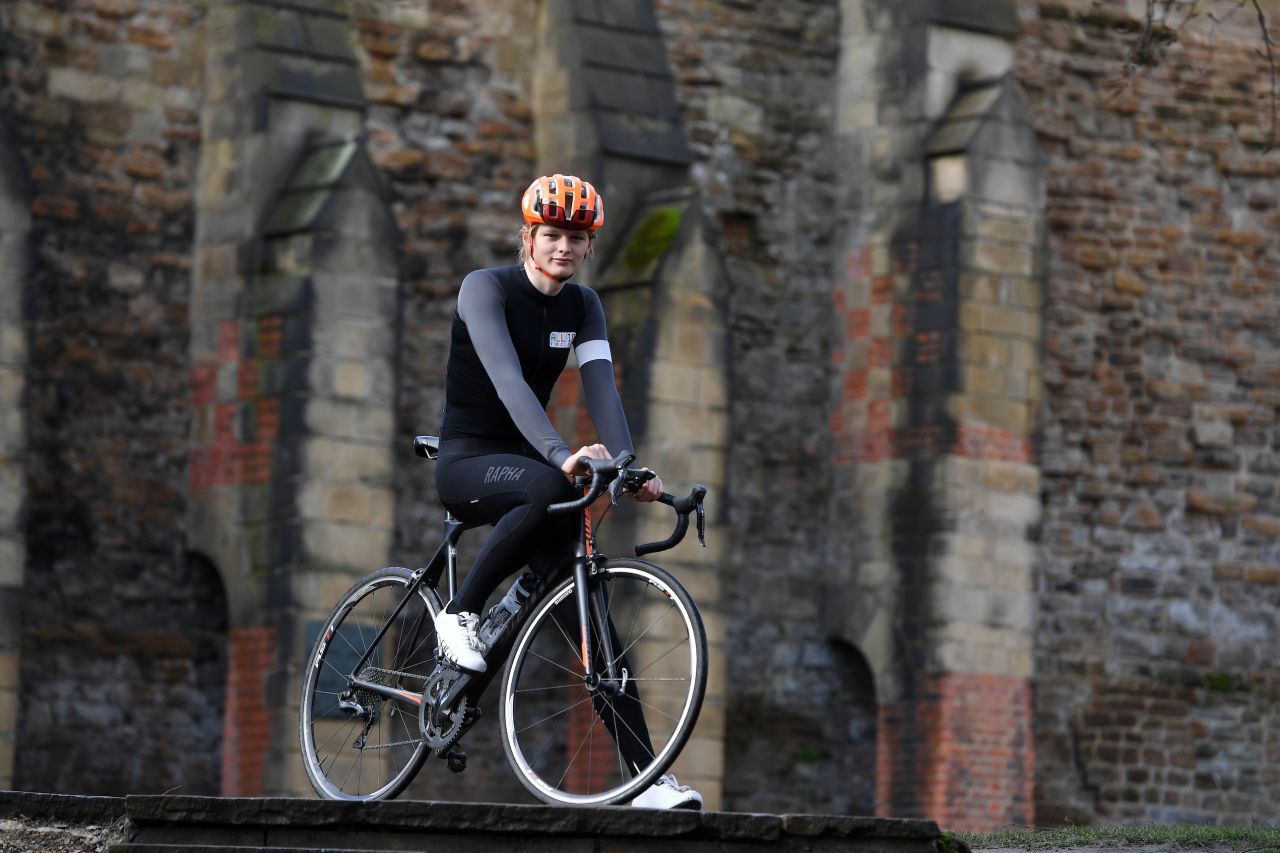
British Cycling has taken the decision to ban transgender women from female category competitions, allowing only "those whose sex was assigned female at birth", following a nine-month review.
The change comes after heated debate around participation in high-profile women's cycling events, which sparked controversy when British athlete Emily Bridges was excluded from competing at this National Omnium Championships in April 2022.
At the time, British Cycling offered little clarification over eligibility criteria, which were determined then by a specified upper limit for testosterone levels for a required 12-month period.
This new policy, though, establishes a hard ban for any individual not specifically assigned female at birth from competing in women’s races. Trans women will now only be eligible to compete in a new 'open' category of races which includes the current men's category.
"Transgender women, transgender men, non-binary individuals and those whose sex was assigned male at birth will be eligible to compete in the 'Open' category," read a statement issued by British Cycling.
"The 'Female' category will remain in place for those whose sex was assigned female at birth and transgender men who are yet to begin hormone therapy. At this stage, they will be eligible to compete in the 'Open' category only, and should ensure that they continue to adhere to the requirements of UK Anti-Doping. Those whose sex was assigned female at birth are also able to compete in the 'Open' category if they so wish."
The move from British Cycling follows similar decisions from governing bodies of swimming, athletics and triathlon in the United Kingdom.
Transgender rider Emily Bridges took to social media ahead of British Cycling's announcement to post an impassioned criticism of the new policy.
"British Cycling is a failed organisation," Bridges wrote on Instagram. "The racing scene is dying under your watch and all you do is take money from petrochemical companies and engage in culture wars.
"You don't care about making sport more diverse, you want to make yourself look better and you're even failing at that. Cycling is still one of the whitest, straightest sports out there, and you couldn't care less."
She also described the ban as a "violent act", criticising the lack of "nuanced policy discussion" and ongoing research, saying "discussion is inherently political and driven by bad faith actors."
British Cycling issued an extensive document detailing and defending its decision process, largely influenced by a scientific review led by British Cycling's Chief Medical Officer, Dr Nigel Jones.
"Dr Jones was satisfied that the evidence sufficiently indicated that the average female is at a physical performance disadvantage compared to the average male," the document read. "Therefore competitive cycling disciplines are 'gender affected activities' within the meaning of the Equality Act."
Other reviews on transgender women in elite sports differ in this interpretation, arguing that transgender women do not retain a biological advantage when meeting the testosterone limits.
The changes will come into effect by the end of 2023, and British Cycling will continue to honour existing Race Licences until the new policy comes into force.
"Successful implementation of the policy will require a period of time to enact changes to our digital systems," a statement from British Cycling read.







